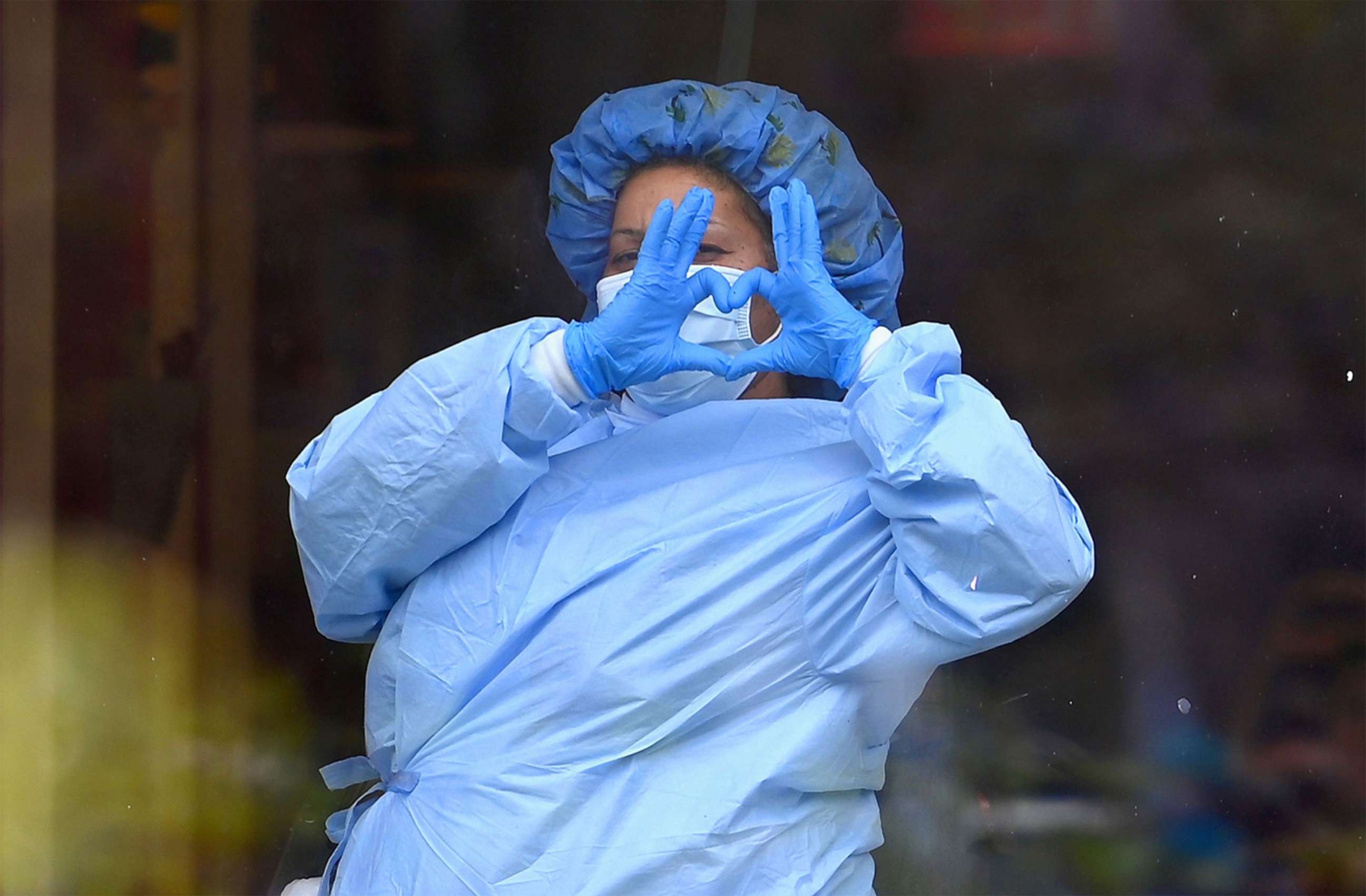Living with OCD during a pandemic
Cheri Preston speaks to those helping people dealing with OCD amid COVID-19.
As COVID-19 continues to spread, many of us have become as conscious as ever when it comes to cleaning. Whether it’s wiping countertops, disinfecting belongings we frequently touch, washing our hands or wearing face masks, it may feel unusual and sometimes exhausting.
For those who live with Obsessive-Compulsive Disorder (OCD), the changes in daily life can be debilitating and hard to manage.
Stephen Smith is the founder of NOCD (pronounced NO-C.D), a platform that offers live face-to-face video therapy sessions from OCD specialists. And since the novel coronavirus appeared, they’ve seen a spike in sessions.
Listen to the full interview with Cheri Preston and the rest of this past week's highlights here:
People with OCD generally have unwanted, intrusive thoughts, or impulses that are called obsessions. In order to make the obsessions go away, those who suffer from OCD do different actions in attempt to push those thoughts out of their head. These are called compulsions.
Smith -- who also suffers from OCD -- explained why it’s even more difficult during the pandemic.
“In this specific instance, especially during the COVID-19 pandemic, people with contamination and harm-based obsessions, fear that they'll either contract the coronavirus themselves, or they will go and spread it to an immunocompromised loved one,” Smith said.
Dr. Patrick McGrath is the head of NOCD clinical services and has seen a rise in teleconference counseling sessions recently.
“We are able to see people across the country and they have access to evidence-based treatments from our OCD-trained therapists that we have through NOCD. It is a face-to-face, where I can see the person I'm talking to, and the beautiful thing is with the things that people are afraid of ... I could watch somebody actually participate in the therapy, and I can direct people as they're working on their therapy,” Dr. McGrath shared.
In an average environment, OCD is still a challenge to get control over and with a pandemic the challenge is even greater. Messages being shared all over to wash hands, keep a distance and stay inside, can make it more problematic for those with OCD to know how much is too much.

”But the recommended thing out there right now is that, if you're outside and you're doing shopping or things that you need to do, you come in, you wash your hands for 20 seconds. And that's really all you need to do. Individuals with OCD will kind of blow that way out of proportion,” Dr. McGrath said.
While individuals who are stressed may see an increase in certain habits, people with OCD will really take advantage of overdoing the suggested procedures. Smith says if any of these descriptions sound like you during the pandemic, you should reach out and ask a professional whether it’s due to stress, or if there is something more serious going on.
“And so OCD is treated with exposure and response prevention ... it basically forces that individual to accept the uncertainty behind their thoughts, and to let their anxiety naturally decrease over time,” Smith explains.
And as for Smith, he says social isolation and hand-washing was difficult at first, but he's managing it, “I've been actively managing it now for years. But I did feel that little spike in symptoms temporarily. And then just like any chronic condition you'd go in, then you start offering yourself treatment and then you start getting better at managing through it.”




